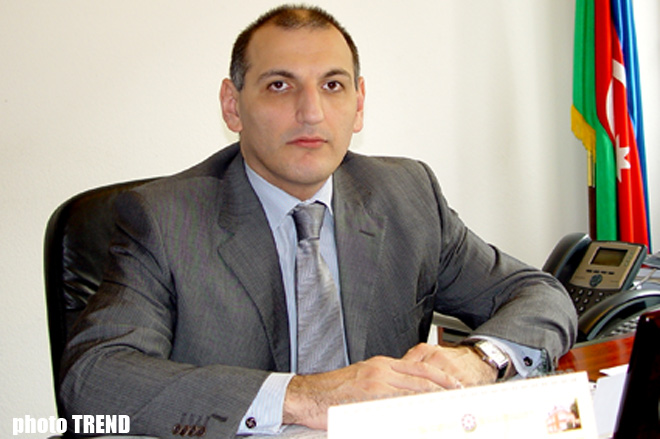Details added (first published at 11. 27)
Azerbaijan, Baku, Jan. 19 / Trend E.Tariverdiyeva /
The prestigious French publication Le Monde has published Azerbaijani Ambassador in Paris Elchin Amirbeyov's response to a letter written by Armenian diaspora leader Ara Toranyan.
"On Jan. 19, Le Monde, albeit belatedly and incompletely, published the immediate reaction of the ambassador to Toranyan's letter," the Azerbaijani Embassy in France reported.
On Dec. 29, the paper published an open letter by leader of the Armenian diaspora in France, Co-Chair of the Coordinating Council of Armenian Organizations of France, and Les Nouvelles d'Armenie Chief Editor Ara Toranyana, titled, "Paris Casts Armenians."
The author, referring to the latest revelations of WikiLeaks, condemned the "duplicitous," in his opinion, policy of French President Nicolas Sarkozy against "one of the most important tasks of the Armenian community", a bill on the introduction of penalties for denying the so-called "Armenian Genocide" in the French Senate.
Sarkozy, who allegedly gave the Armenian community all kinds of promises about supporting this bill during his election campaign in 2007, assured the Turkish authorities one month after his election through his adviser that he would do everything to prevent the adoption of the bill.
In the same article, Toranyan allowed himself to arbitrarily interpret the process of the peaceful settlement of the Armenian-Azerbaijani Nagorno-Karabakh conflict, and conducted an artificial parallel between this problem and the issue of the far-fetched "genocide."
The ambassador drew readers' attention to the fact that "the open letter was deliberately directed at distorting the essence of the ongoing Armenian-Azerbaijani conflict."
"The occupation by Armenia of Nagorno Karabakh and seven adjacent regions of the Azerbaijan Republic has resulted in the death of thousands of Azerbaijanis, and 1 million Azerbaijanis become refugees and IDPs," the ambassador wrote. "During the negotiations carried out under the OSCE Minsk Group leadership since 1992, Armenia has never agreed to release these territories - and on the contrary pursued a policy of artificial settlement."
"Despite Armenia's actions, Azerbaijan refers to the decisions and resolutions of the U.N. Security Council, OSCE, Council of Europe, European parliament and other international organizations and remains committed to solving this conflict fairly and peacefully," he added.
The conflict between the two South Caucasus countries began in 1988 when Armenia made territorial claims against Azerbaijan. Armenian armed forces have occupied 20 percent of Azerbaijan since 1992, including the Nagorno-Karabakh region and 7 surrounding districts.
Azerbaijan and Armenia signed a ceasefire agreement in 1994. The co-chairs of the OSCE Minsk Group - Russia, France, and the U.S. - are currently holding the peace negotiations.
Armenia has not yet implemented the U.N. Security Council's four resolutions on the liberation of the Nagorno-Karabakh and the surrounding regions.






